On Nov. 22, Miranda Mulholland brought an important and timely message to Ottawa as she delivered a keynote speech at the Economic Club of Canada. In addition to her credentials as a talented artist and entrepreneur, Mulholland has emerged as a trailblazer in the global artists’ rights movement: in May, she became the first creator to deliver a keynote address at the Economic Club of Canada, and recently spearheaded a letter co-signed by 100 fellow artists on recommendations for a reformed Copyright Board of Canada.
Mulholland’s keynote topic was “Redefining Success in a Digital Marketplace.” Her speech highlighted the challenges for artists working in today’s digital age and proposed solutions to help create a more balanced music ecosystem in which creators can earn a living.
 Mulholland’s speech was followed by a panel discussion with representatives from different cultural industries, who discussed how the digital marketplace has affected their industries and their individual careers. The panel, which was moderated by Vassy Kapelos, Global National’s Ottawa Bureau Chief and host of The West Block, included:
Mulholland’s speech was followed by a panel discussion with representatives from different cultural industries, who discussed how the digital marketplace has affected their industries and their individual careers. The panel, which was moderated by Vassy Kapelos, Global National’s Ottawa Bureau Chief and host of The West Block, included:
- Alan Frew – Songwriter, Public Speaker & Author
- Ari Posner – Film & Television Composer
- Roanie Levy – President & CEO, Access Copyright
Video of the keynote and panel is now available online, and embedded below. The event was attended by many artists and Ottawa music industry members, as well as MPs Gord Brown, Julie Dabrusin, and Pierre Nantel, who are members of the All Party Music Caucus. A selection of photos and social media posts from event is included at the end of this post.
Mulholland began by observing “an extremely important anniversary in the lives of all creators” – the date the Copyright Modernization Act came into force, just over 5 years ago. Although Mulholland referred to the Act as a “landmark”, she acknowledged that it wasn’t perfect and “probably created as many problems for creators as it solved.” Fortunately, the legislation included a specific provision that mandates a review of the Act, 5 years to the day that it came into force. Unfortunately, that date passed two weeks ago, and creators are still waiting for the review to begin.
 “I find this disappointing,” said Mulholland. She then spoke about her path to advocacy, referencing two conversations with Heritage Minister Mélanie Joly, who told her “artists need to speak up” in the government’s “Canadian Content in a Digital World” consultations. Those conversations led directly to the founding of Focus On Creators, a coalition of more than 3,500 Canadian creators asking the government to put creators at the heart of future policy. Speaking of her previous speech at the Economic Club, Mulholland thanked MP Julie Dabrusin for raising some of the issues her keynote addressed in a meeting of the Standing Committee on Canadian Heritage. After noting that she is aware of the government’s increased funding for grants and export, Mulholland reiterated her call for a market that properly values their work: “the main message of creators, and what we’re trying to say, is that we want a functioning marketplace right here at home. We are here, and we’re speaking up. We’d love to be heard.”
“I find this disappointing,” said Mulholland. She then spoke about her path to advocacy, referencing two conversations with Heritage Minister Mélanie Joly, who told her “artists need to speak up” in the government’s “Canadian Content in a Digital World” consultations. Those conversations led directly to the founding of Focus On Creators, a coalition of more than 3,500 Canadian creators asking the government to put creators at the heart of future policy. Speaking of her previous speech at the Economic Club, Mulholland thanked MP Julie Dabrusin for raising some of the issues her keynote addressed in a meeting of the Standing Committee on Canadian Heritage. After noting that she is aware of the government’s increased funding for grants and export, Mulholland reiterated her call for a market that properly values their work: “the main message of creators, and what we’re trying to say, is that we want a functioning marketplace right here at home. We are here, and we’re speaking up. We’d love to be heard.”
After a brief recap of her artistic bona fides – violin training since age 4; studying Opera Performance at Western and McGill Universities; founding a record label and festival; performing as a member of Harrow Fair, Great Lake Swimmers, and performing on hundreds of recordings by artists such as Cowboy Junkies, Donovan Woods and Rose Cousins, as well as film & television work including CBC’s Republic of Doyle and the film Maudie; a member of the Soulpepper Theatre Company and the Board of Governors of Massey/Roy Thomson Hall – Mulholland acknowledged that she has a serious problem: “My problem is that because of this Broken Promise of a Golden Age, I’m barely able to make a living.”
Mulholland explained that when sharing her concerns with policymakers, the response that she is often given “is that creators are asking for the clock to be turned back… but that is not what we want. However, we do need to look back at the policies and promises that were made in the late 90s, and recognize that times have changed. My MySpace page doesn’t work anymore. If anything, we’d like to turn the clock forward and rethink some of these ideas and assumptions that have turned out to be false and predictions that have sadly not come to pass.”
After outlining some of the challenges that today’s artists face, including financial hardship and an increasing number of middlemen involved in distributing her music and collecting revenues, Mulholland pivoted from the solution often offered to creators expressing their concerns (“adapt”) to a key theme of her speech: Accountability.
“Let’s look at the current situation and who is accountable for the devaluation to which we are forced to adapt,” said Mulholland. “Accountability means acknowledging value and compensating for it.”
 Mulholland called for accountability from digital services like YouTube, and showed why the often-proposed solution of live touring is not a panacea, or even feasible for many artists. Turning to solutions, Mulholland referred a pamphlet distributed with advocacy infographics, which are available on her website. Explaining that we all have a role to play in improving the music ecosystem, Mulholland identified steps that artists, consumers, industry members, and government can take to help ameliorate the current situation.
Mulholland called for accountability from digital services like YouTube, and showed why the often-proposed solution of live touring is not a panacea, or even feasible for many artists. Turning to solutions, Mulholland referred a pamphlet distributed with advocacy infographics, which are available on her website. Explaining that we all have a role to play in improving the music ecosystem, Mulholland identified steps that artists, consumers, industry members, and government can take to help ameliorate the current situation.
Mulholland urged the government to end tech company safe harbours: “The European Commission has now acknowledged that the market isn’t functioning properly, and they have identified and accepted the problem as the unintended Value Gap, and agreed that legal clarification is needed. Can we follow suit?”
She also called on the government to end other industry cross-subsidies, such as the Radio Royalty Exemption, “an industry cross-subsidy given to every commercial radio station in Canada, exempting them from paying more than $100 in royalties to artists and record labels on their first $1.25 million in advertising revenue,” said Mulholland. “The Exemption was introduced as a political compromise in the 1997 amendments to the Copyright Act, but it is now outdated and unjustified – if it ever was justified. It is really not right that artists and labels continue to subsidize these large media companies. I am subsidizing Bell.”
Mulholland then highlighted that due to the definition of sound recordings in the Copyright Act, recorded music is actually not considered a ‘sound recording’ (and thus not entitled to royalties) when it is included in a TV or film soundtrack. “This affects me greatly,” said Mulholland, “because for example, even though I played on almost every episode of CBC’s Republic of Doyle, which is now syndicated worldwide, I only received the one-time union rate I got per session, which was around $280, while the composer collects residuals every time that show airs. 44 countries around the world – the UK, France and Australia among them – afford performers and record labels the right to receive public performance royalties when their sound recordings are used as a part of a soundtrack in TV and film.”
Mulholland closed by stating “a culture of permission-less innovation” is what led to the current situation. With that, she referenced another anniversary – the two hundredth anniversary of Frankenstein. “Mary Shelley wrote this classic after witnessing the disastrous consequences of her industrial revolution,” said Mulholland. “The moral of her story is that monsters are created when the only question being asked is ‘Can I?’
We know what’s it has done to the livelihood of creators – it’s produced the Value Gap, and that is our monster.”
Thank you to @ECofCanada for hosting this important discussion with @Music_Canada @AccessCopyright @miramulholland @ARI_Music @AlanFrew
— Screen Composers (@ScreenComposers) November 22, 2017
Listening to @miramulholland interesting speech on the challenges that music creators face in a digital world. @Music_Canada @SOCANFoundation @ECofCanada @environicspr pic.twitter.com/DTdhPc8bAN
— Cesar Remis (@CesarRemis) November 22, 2017
MP's @gordbrown @pierrenantel & @juliedabrusin of the All Party Music Caucus listening to @miramulholland @AlanFrew & Roanie Levy of @AccessCopyright speaking about the challenges of being a composer/writer in this new digital age. @Music_Canada @SOCANFoundation @MusicCanadaLive pic.twitter.com/Eazn3o1EU8
— Colin McSweeney (@cmcsweeney66) November 22, 2017
"The gov't needs to redefine who it is they're protecting—if artists need to adapt, then so do the policies that protect us" says @miramulholland pic.twitter.com/458BYBjjhS
— The Economic Club (@ECofCanada) November 22, 2017
Vassy Kapelos discusses the Value Gap with SCGC #composer Ari Posner, @AlanFrew & Roanie Levy from @AccessCopyright pic.twitter.com/xi2EWISTz6
— Screen Composers (@ScreenComposers) November 22, 2017
Thank you to our diverse panel for being here today: @AlanFrew (public speaker & author), Ari Posner (film & television composer), @RoanieLevy (President & CEO of @AccessCopyright), and moderator @VassyKapelos pic.twitter.com/RIQFzFxU2W
— The Economic Club (@ECofCanada) November 22, 2017
First question to the panel: what does the “value gap”mean to you? @Music_Canada @ECofCanada #cdnpoli #crestviewstrategy pic.twitter.com/JbcjLQHCXb
— Crestview Strategy (@crestview_strat) November 22, 2017
Tuning in to @miramulholland's @ECofCanada Ottawa speech via @Music_Canada discussing the Value Gap and protecting the livelihoods of Canadian creators. Great work Miranda! pic.twitter.com/loa98uheVc
— Bram Gonshor (@bgonshor) November 22, 2017
“I am a data clerk!”, @miramulholland says artists and creators are still struggling to make a living due to digital disruption despite independent artists adapting to new technology @MusicCanadaLive @ECofCanada @SOCANmusic #cdnpoli pic.twitter.com/v1wDHaWDPM
— Jason Clark (@clarkjasone) November 22, 2017
Thanks for coming everyone! Now, let’s get to work. Government was required to appoint or designate a committee two weeks ago. This did not happen. Creators are in crisis. That was @miramulholland’s message. Let’s act with urgency. https://t.co/KkTJ3pURDo
— Graham Henderson (@GFHenderson) November 22, 2017
From where Team GDW sits, this is a huge point – we all benefit from a vibrant, diverse, talented creative community that's not determined solely by their ability to make huge amounts of money and create the biggest media splash. https://t.co/CK6BNseSK2
— Great Dark Wonder (@greatdkwonder) November 22, 2017
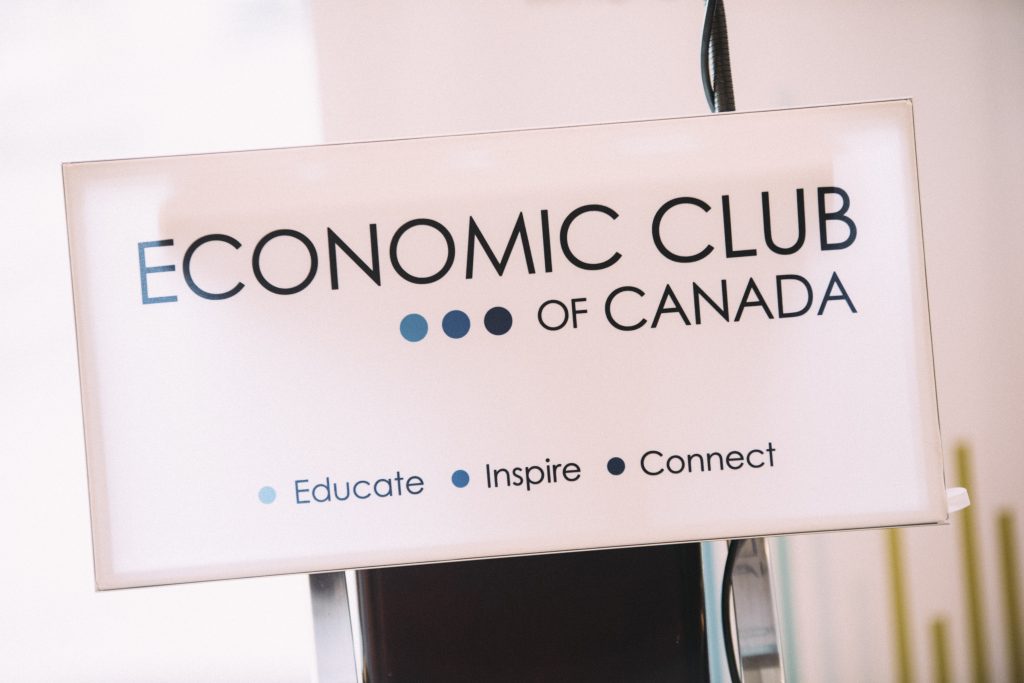
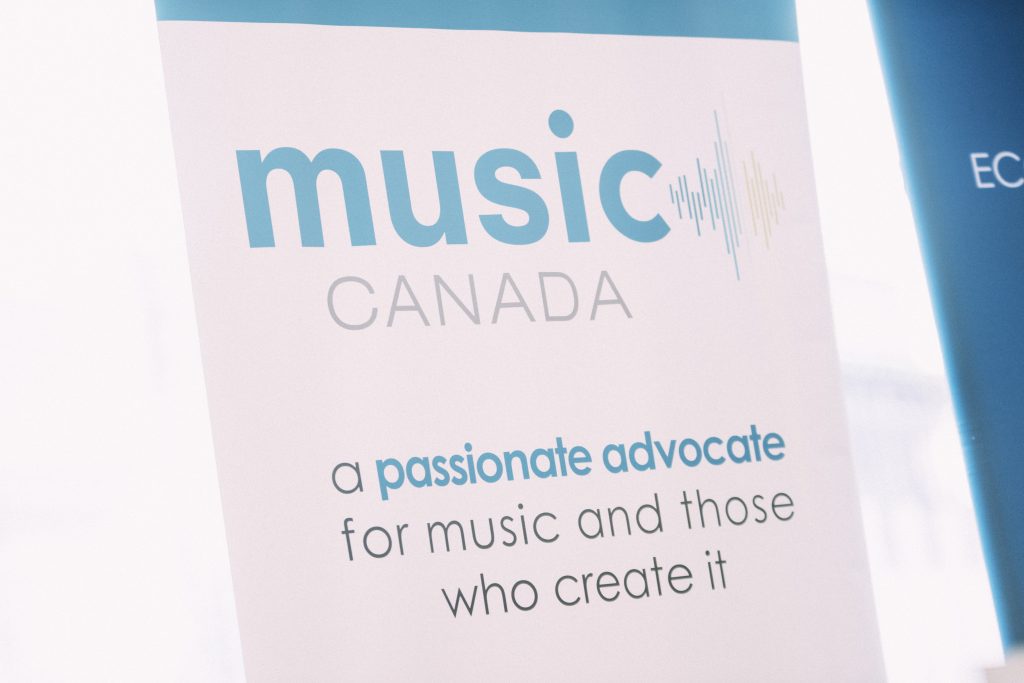
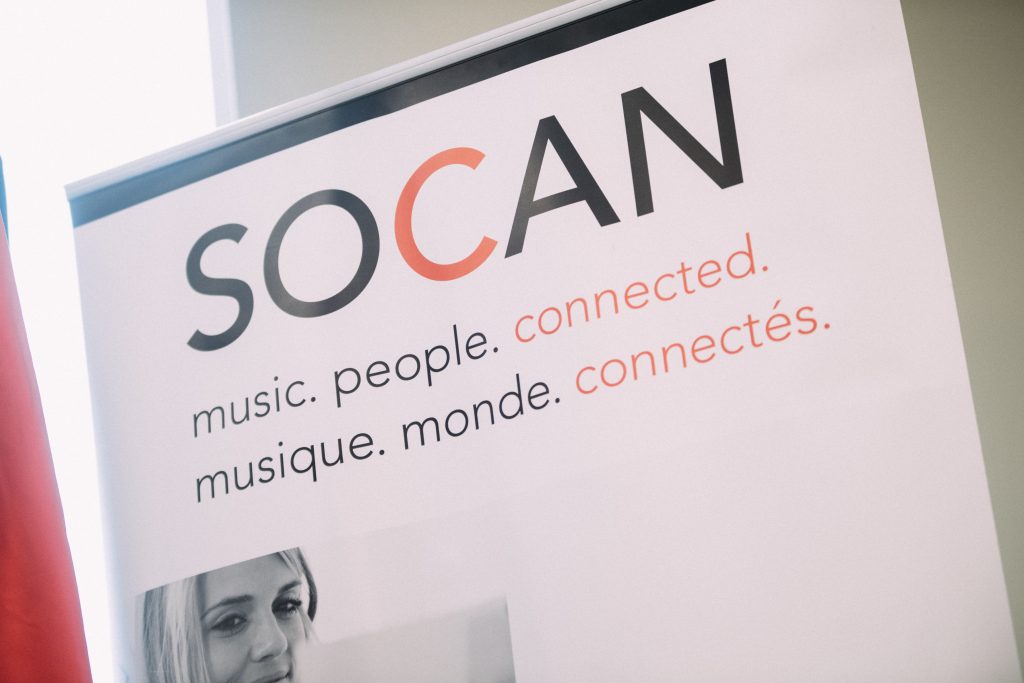
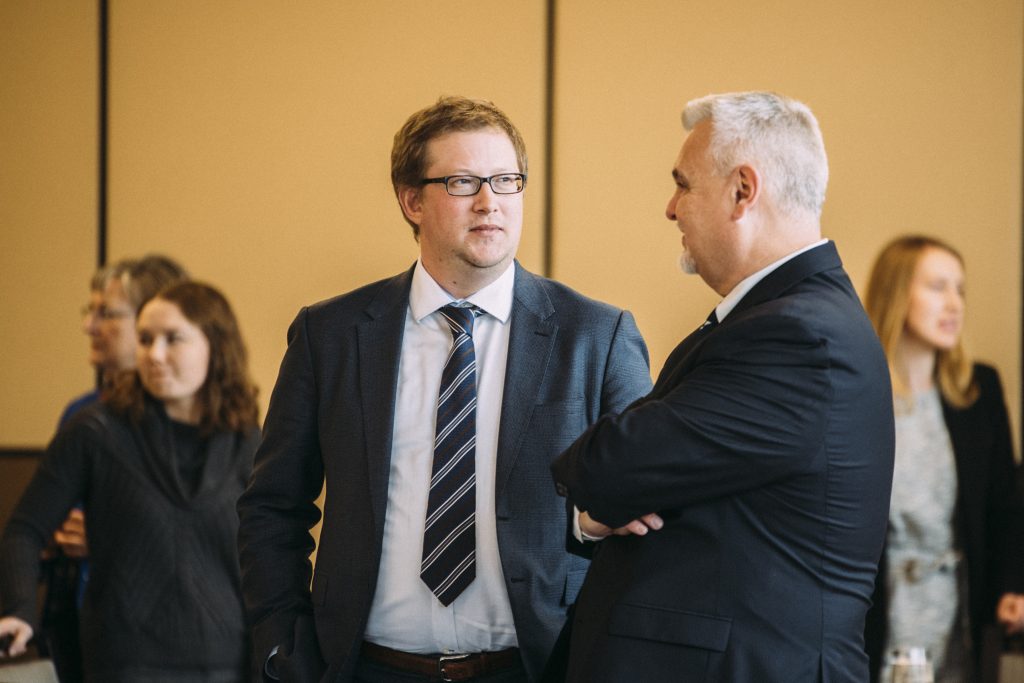
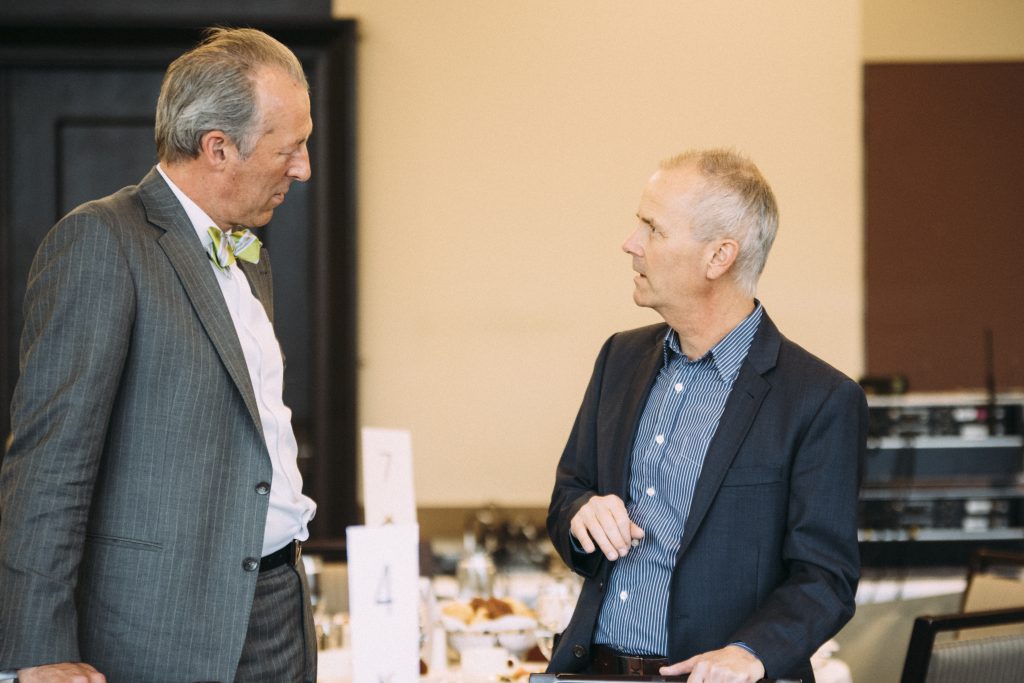
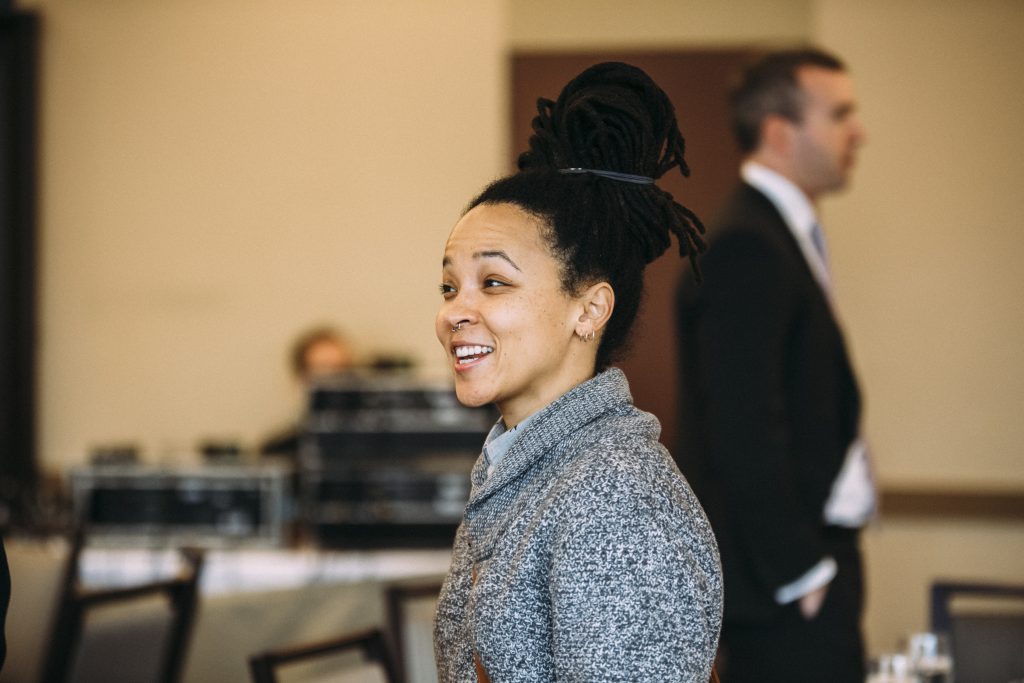
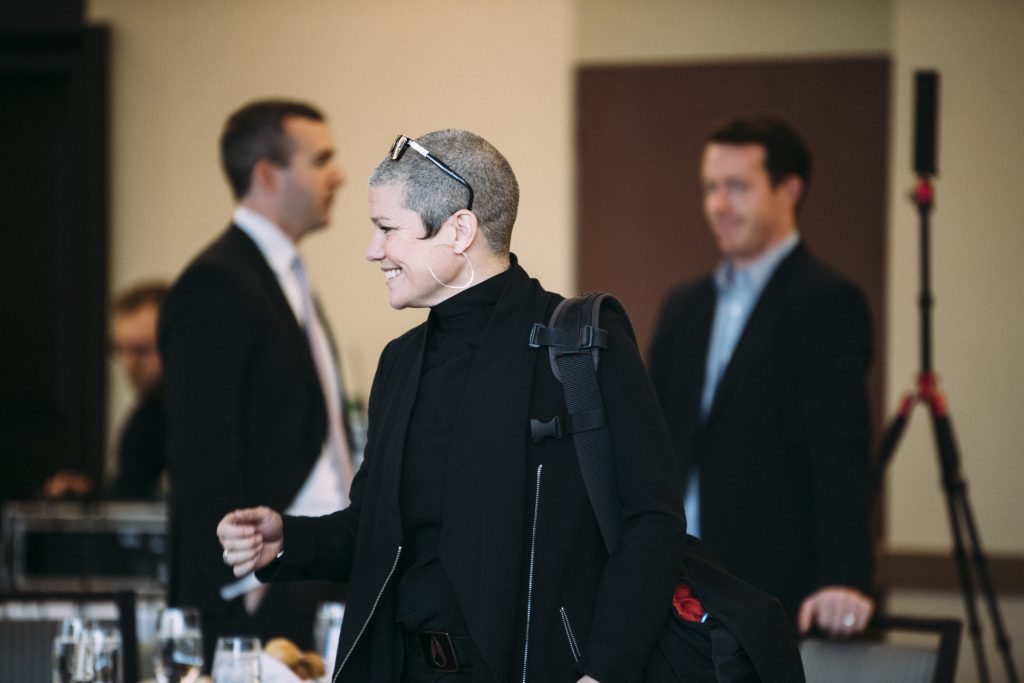
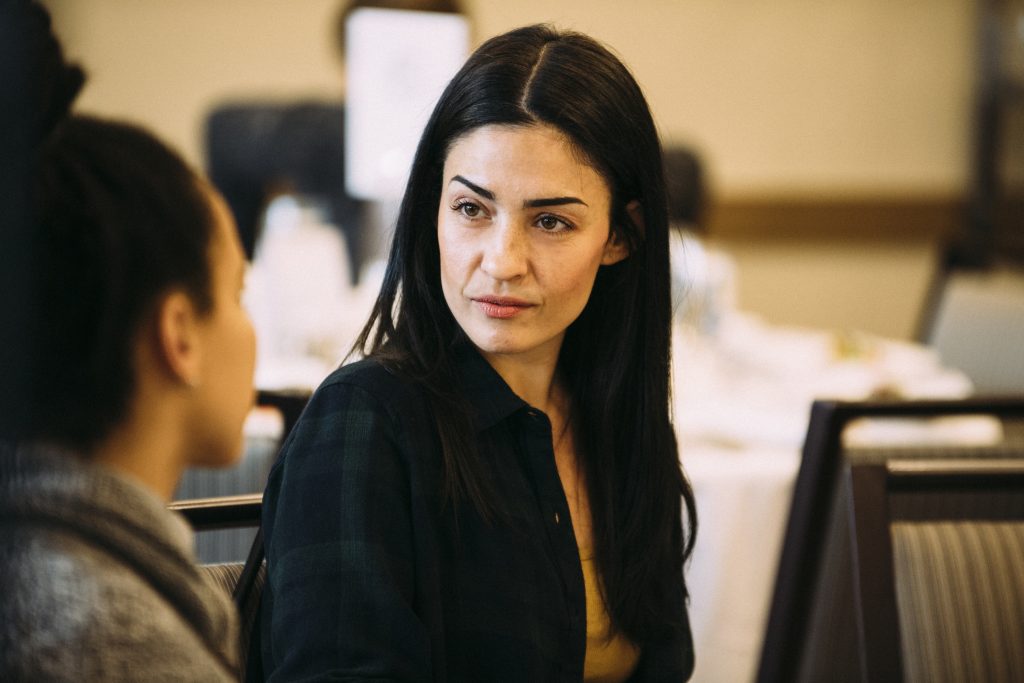
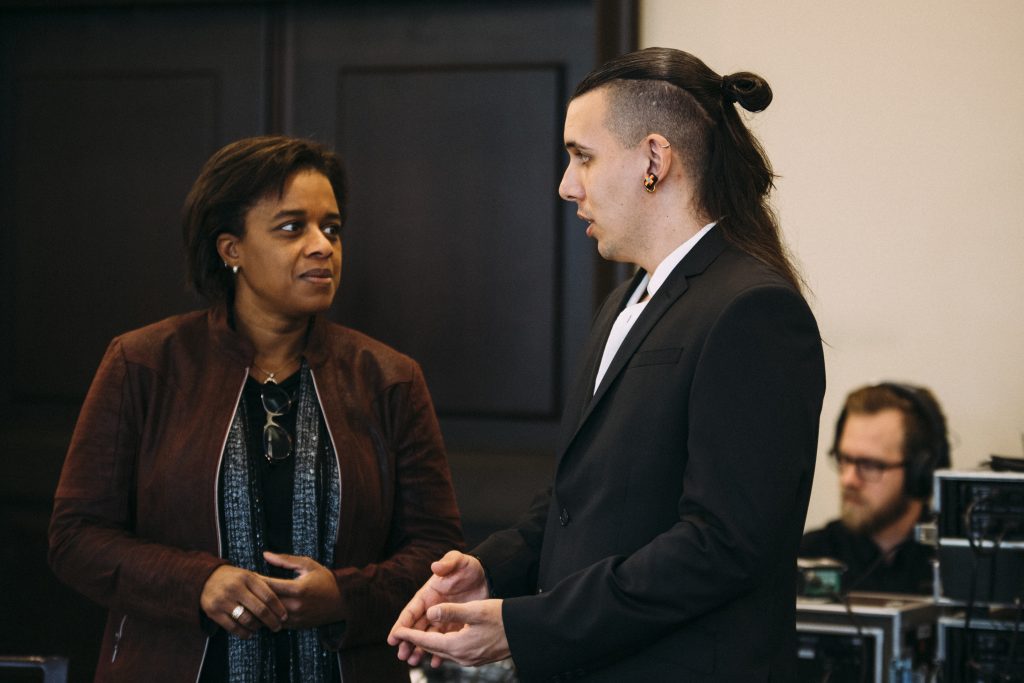

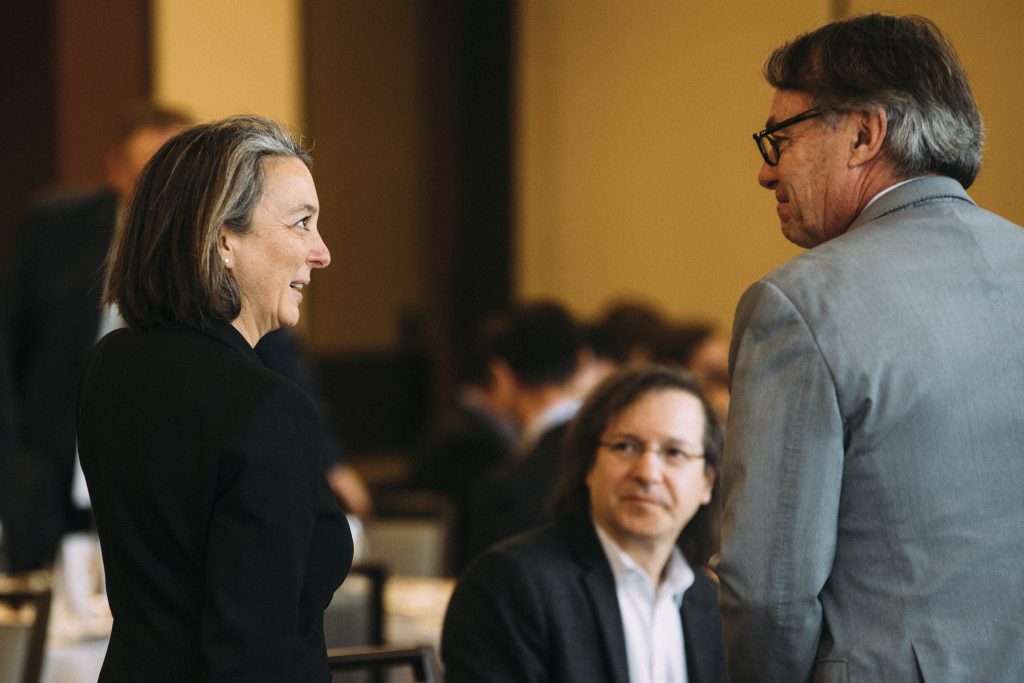
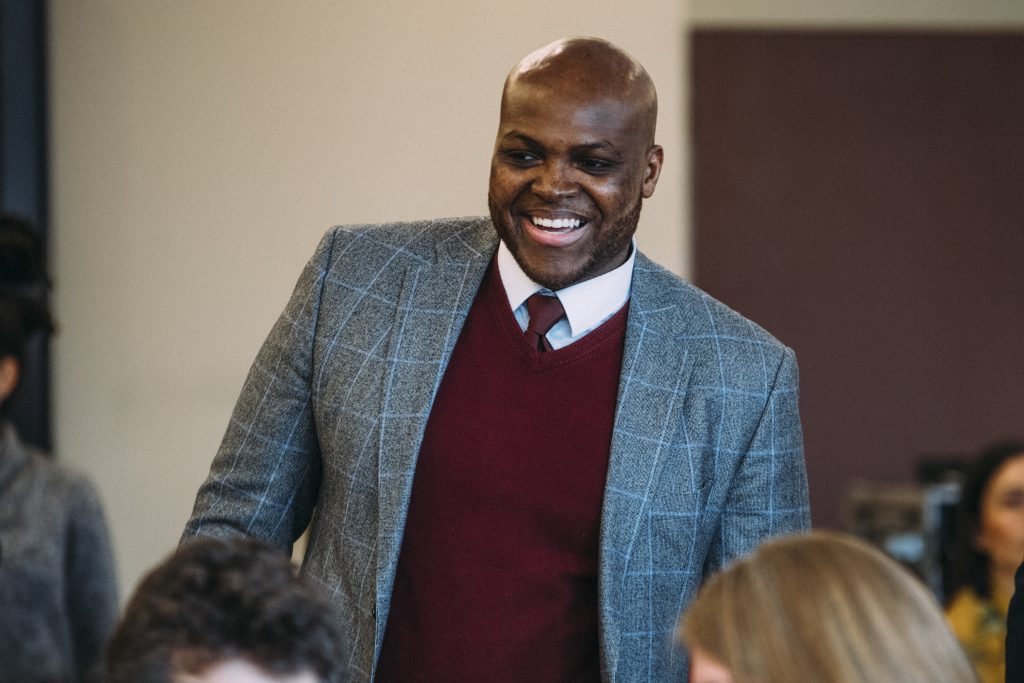
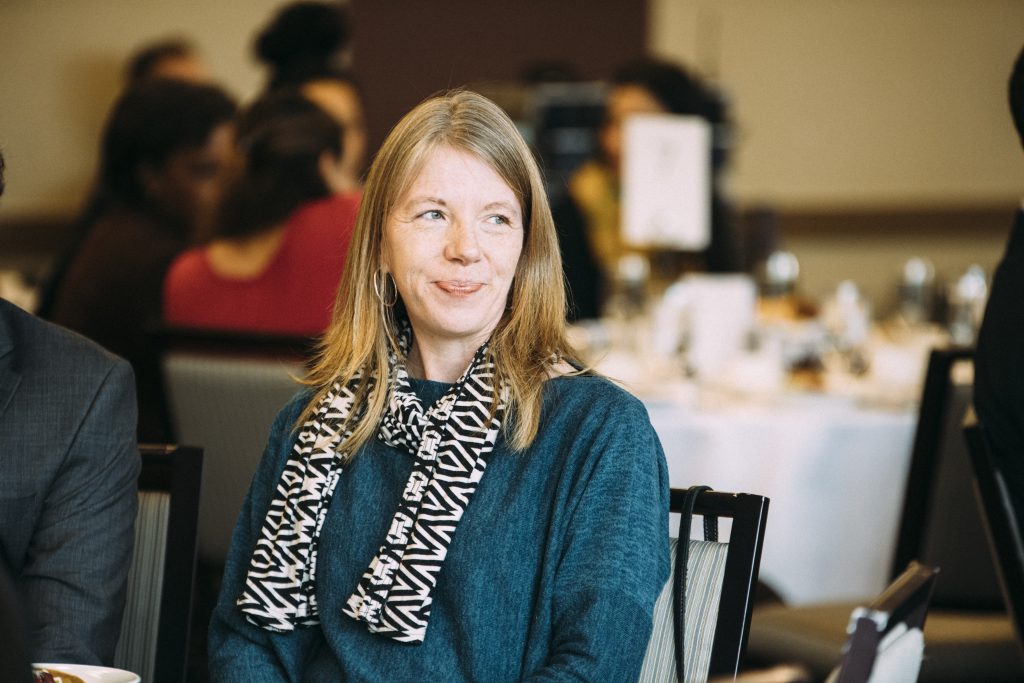
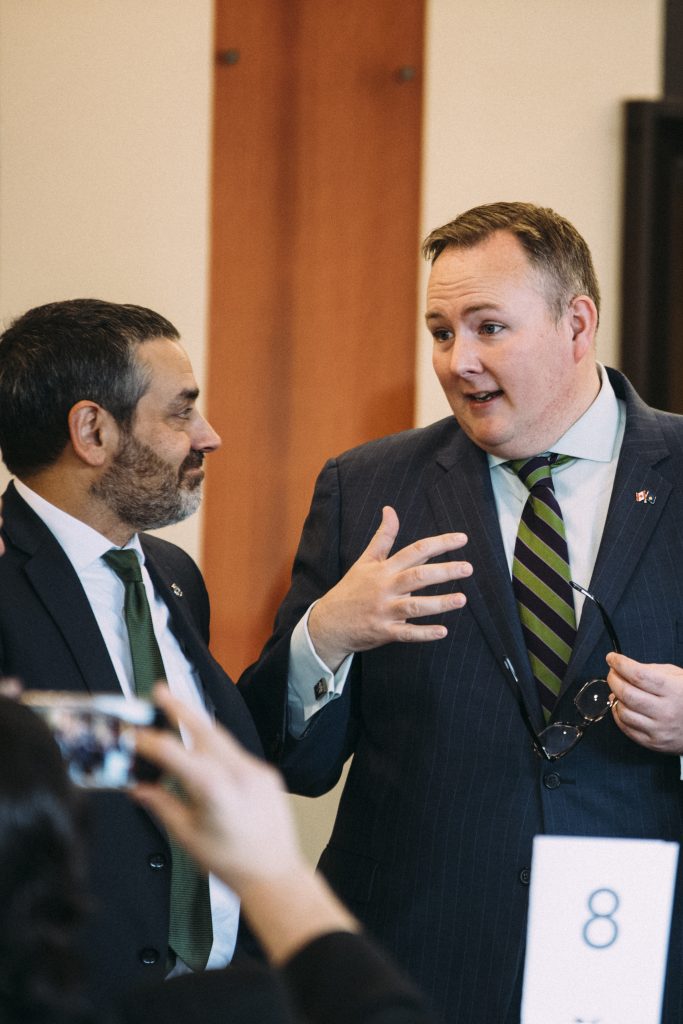
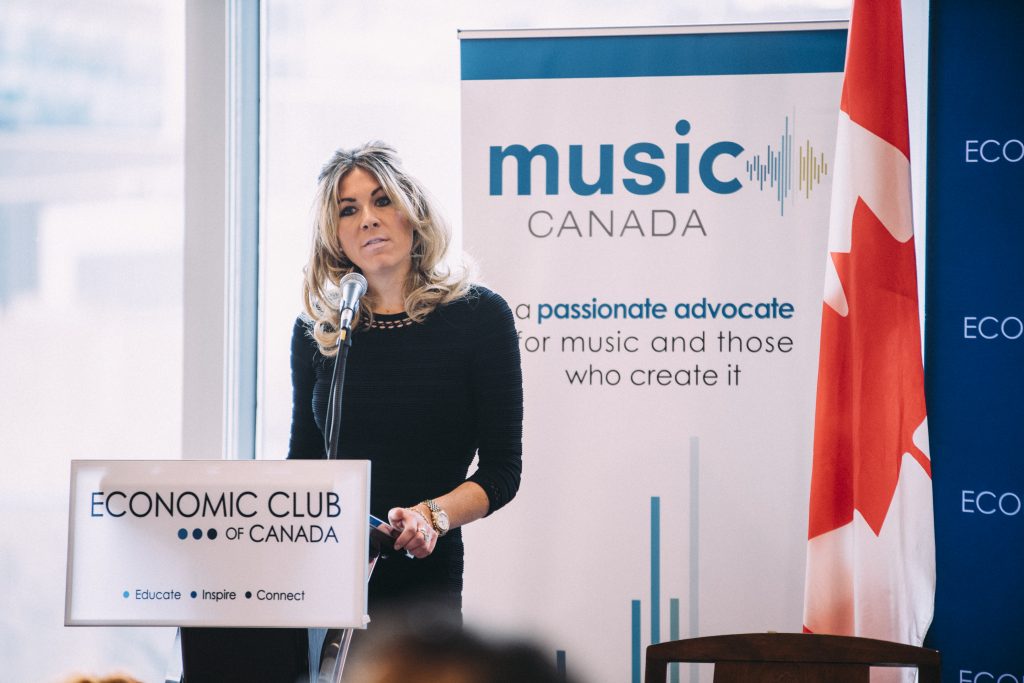
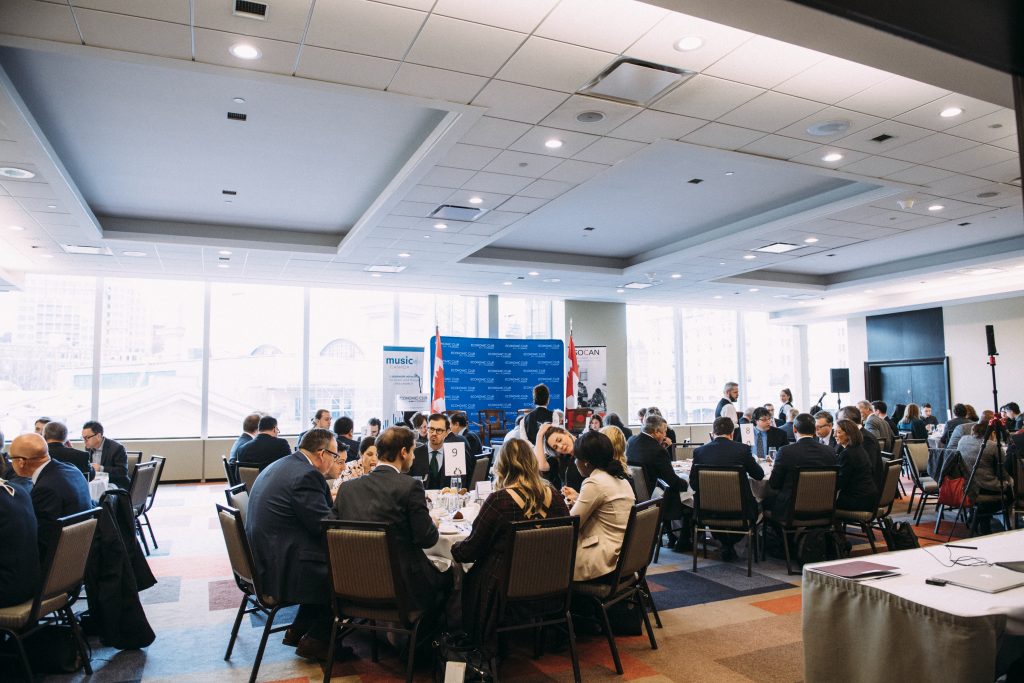
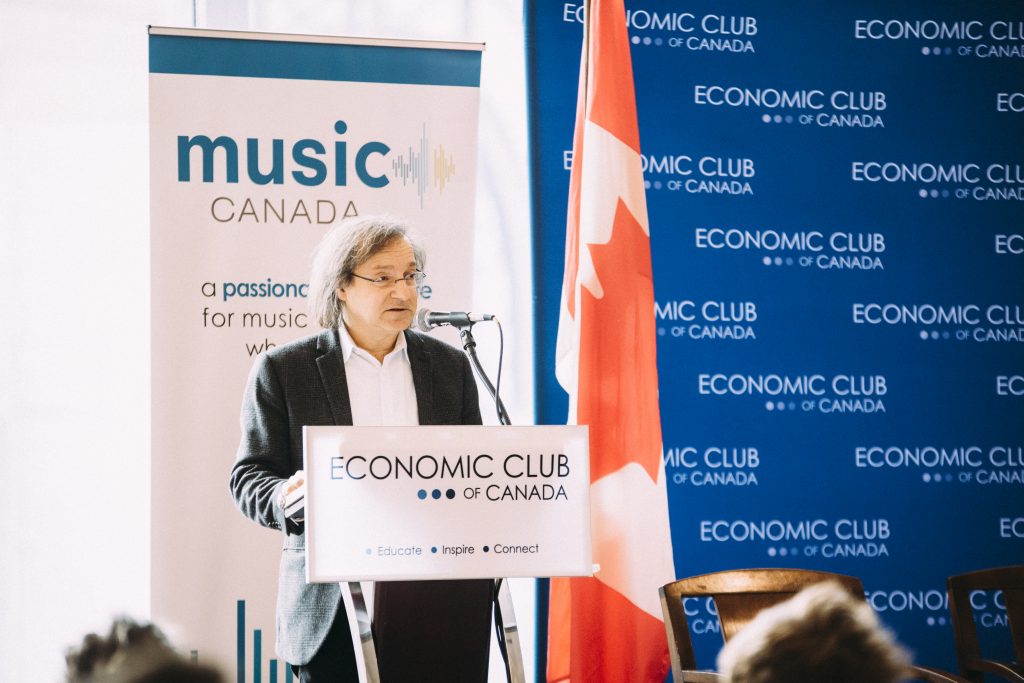
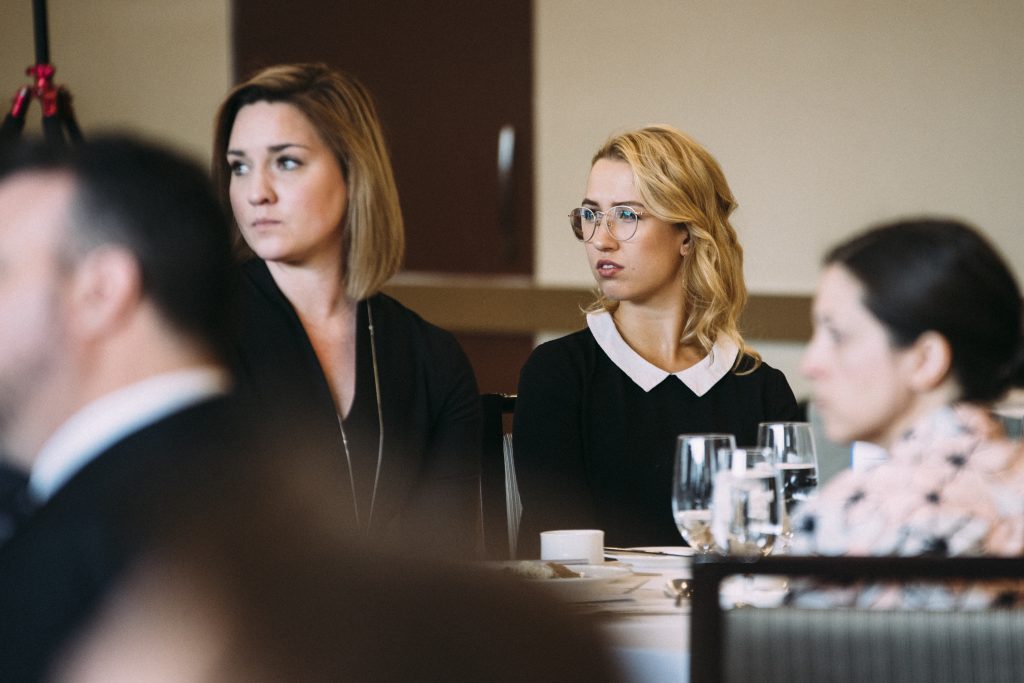
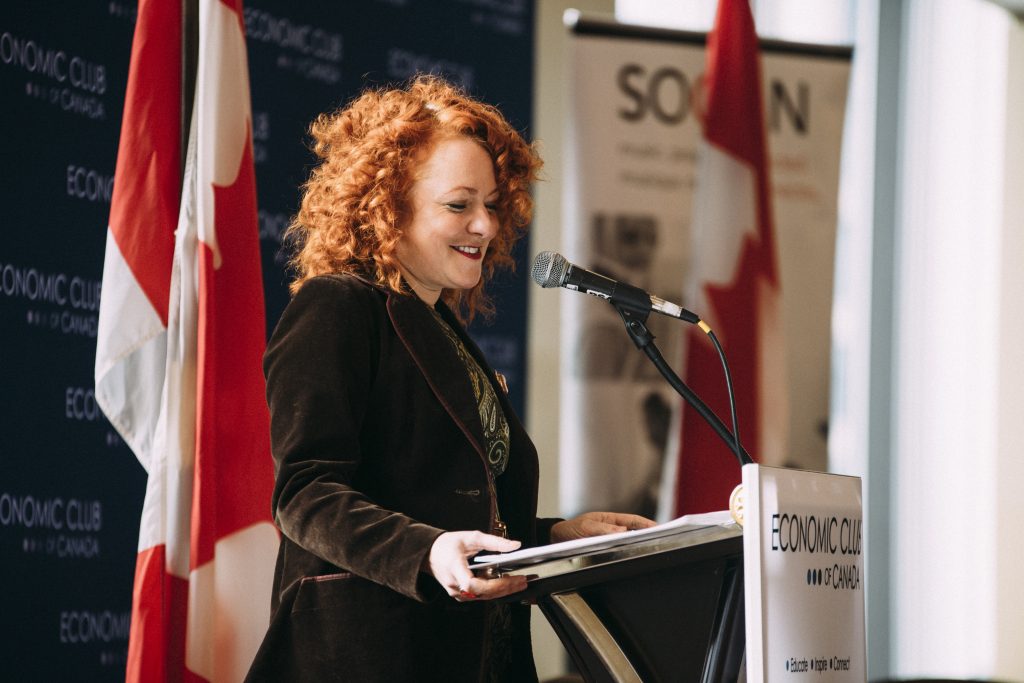

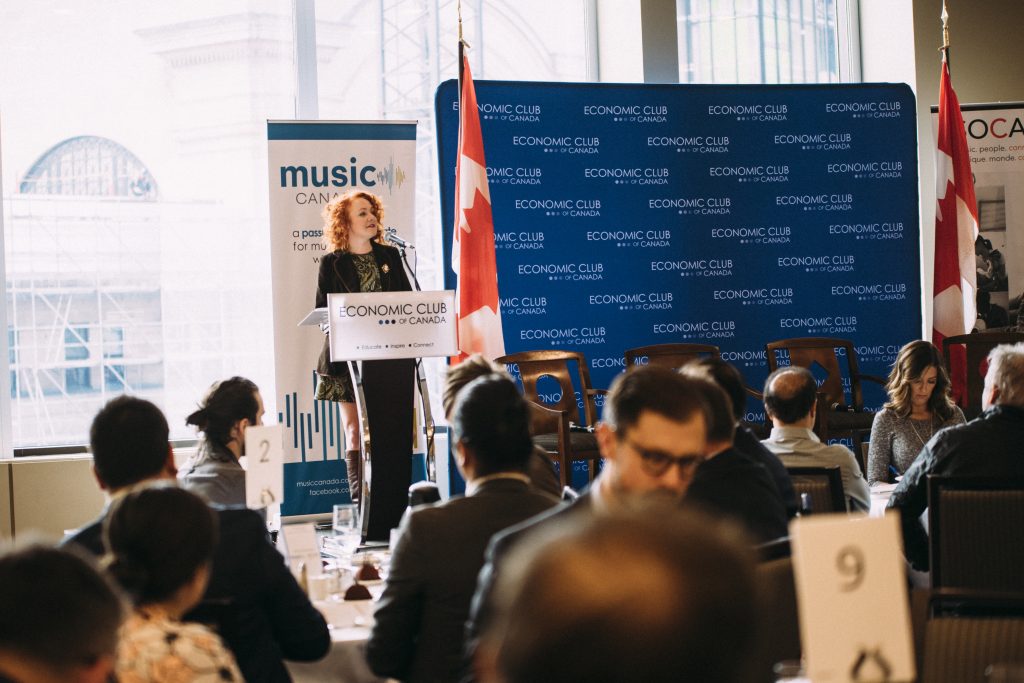
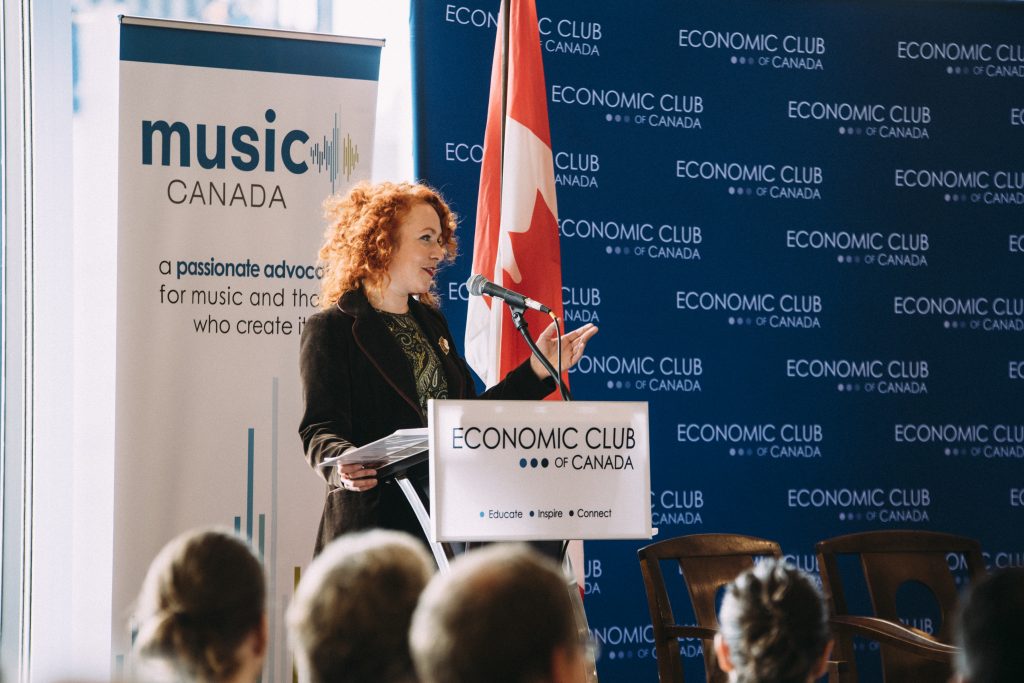
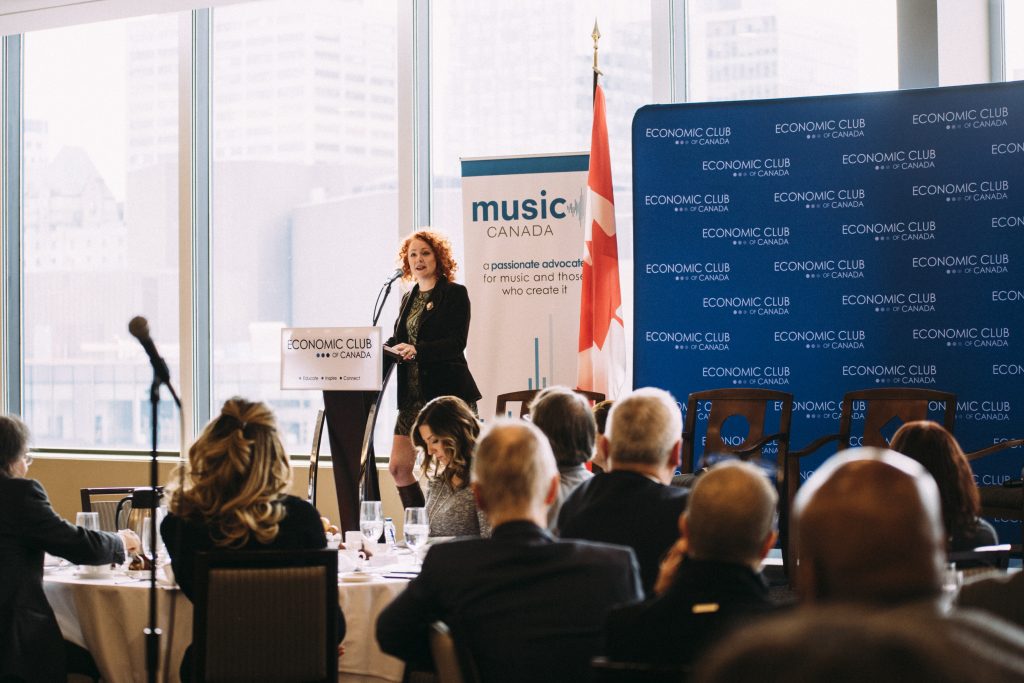

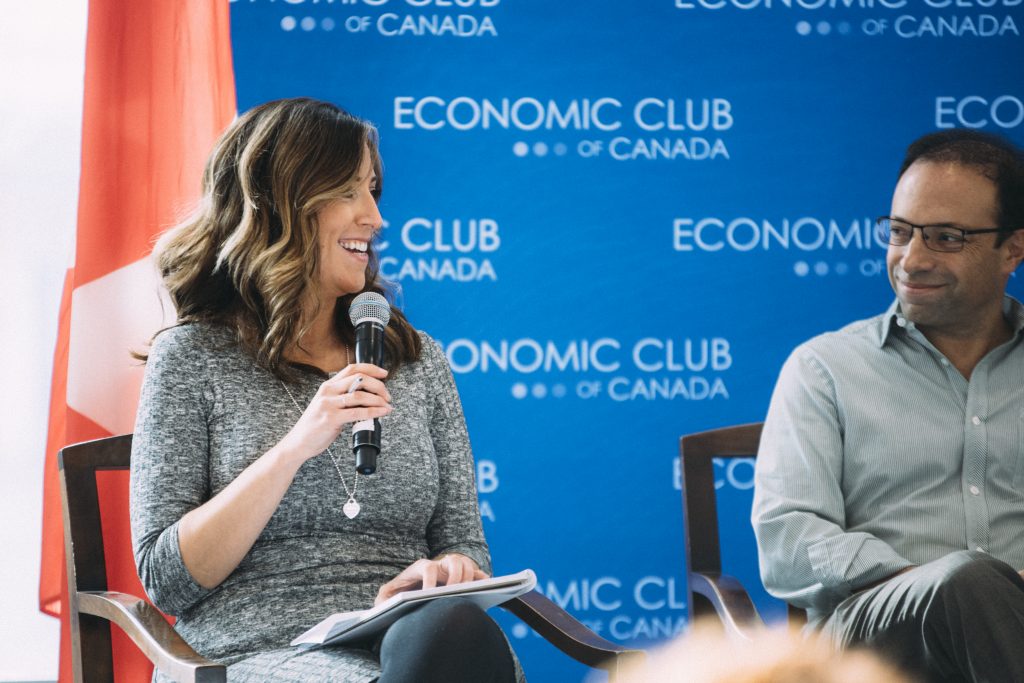
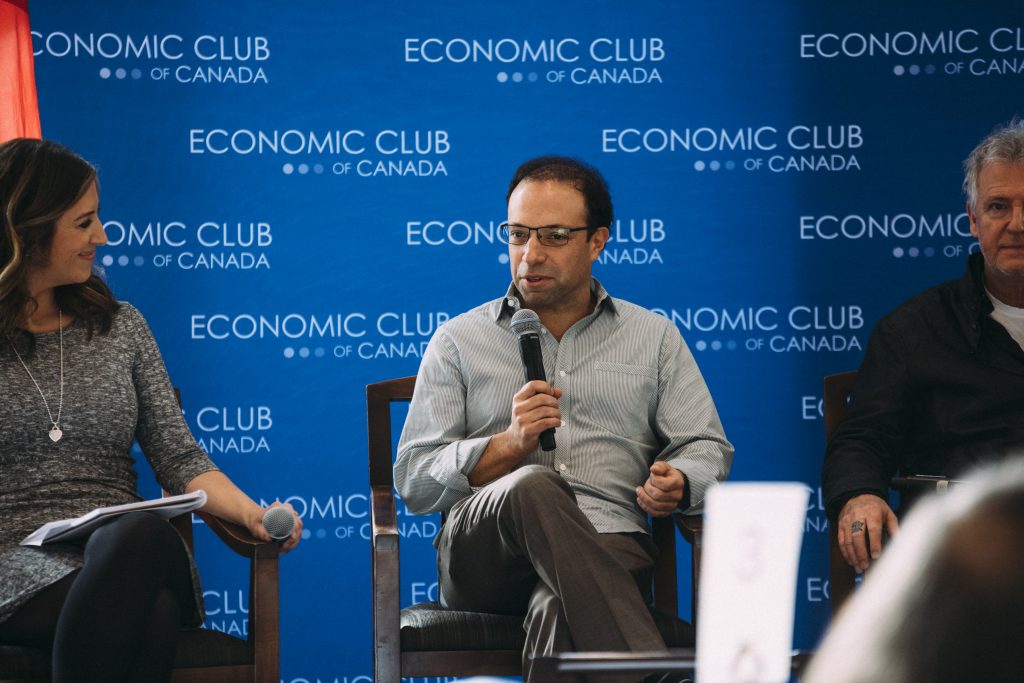
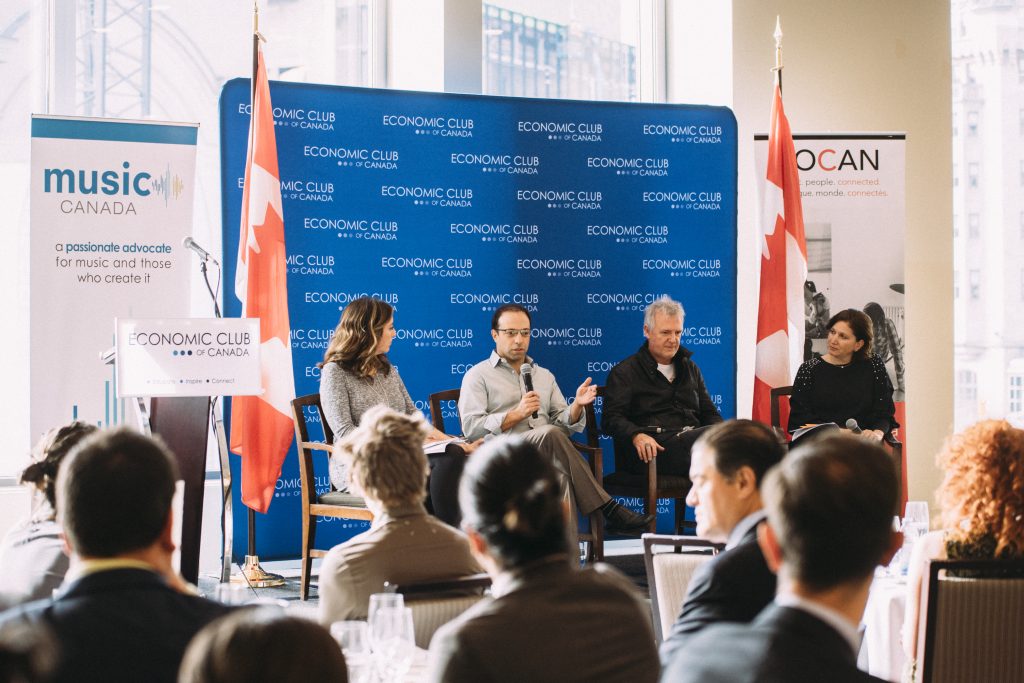
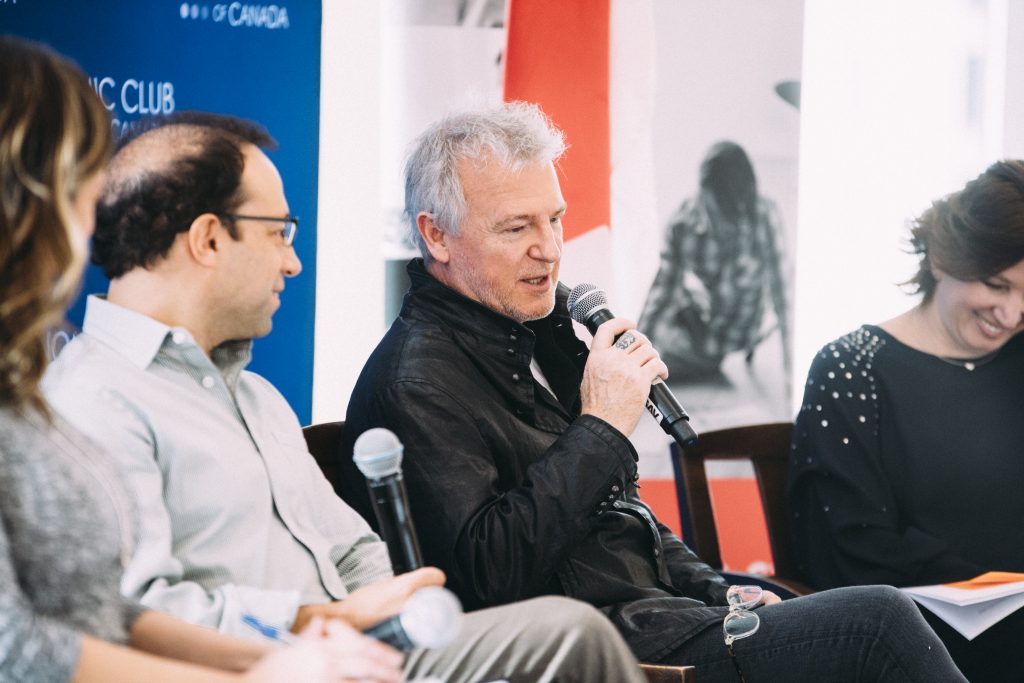
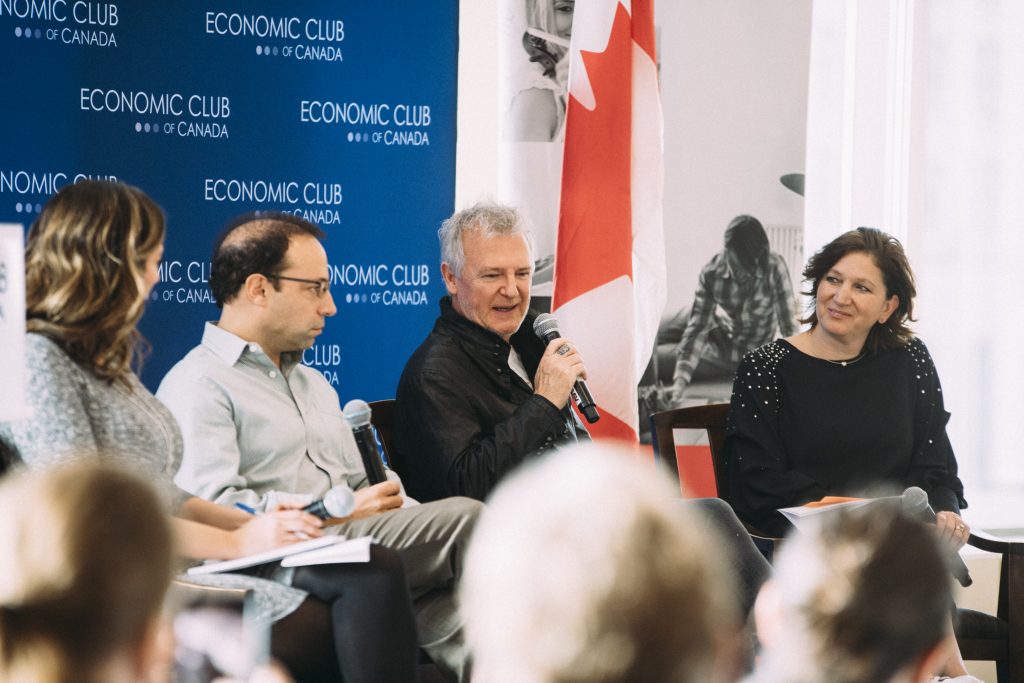
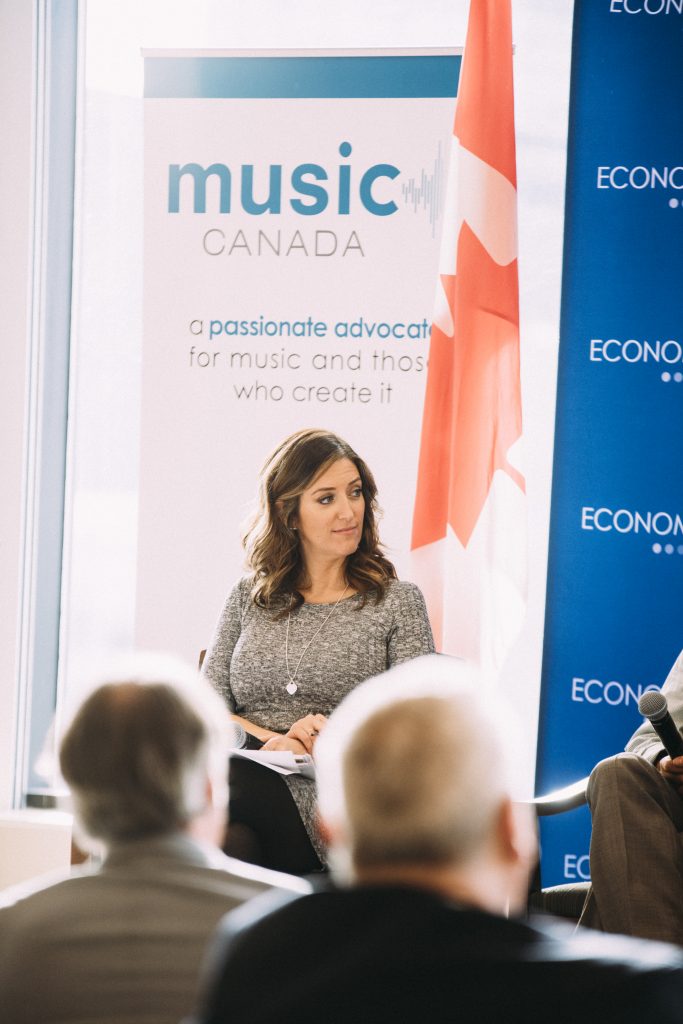
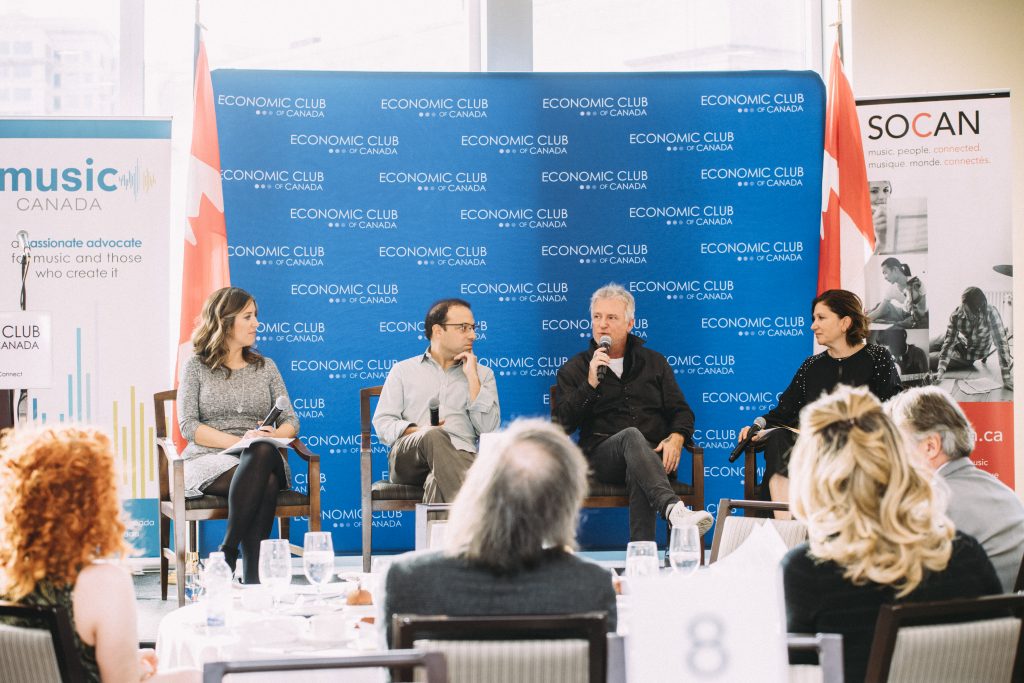
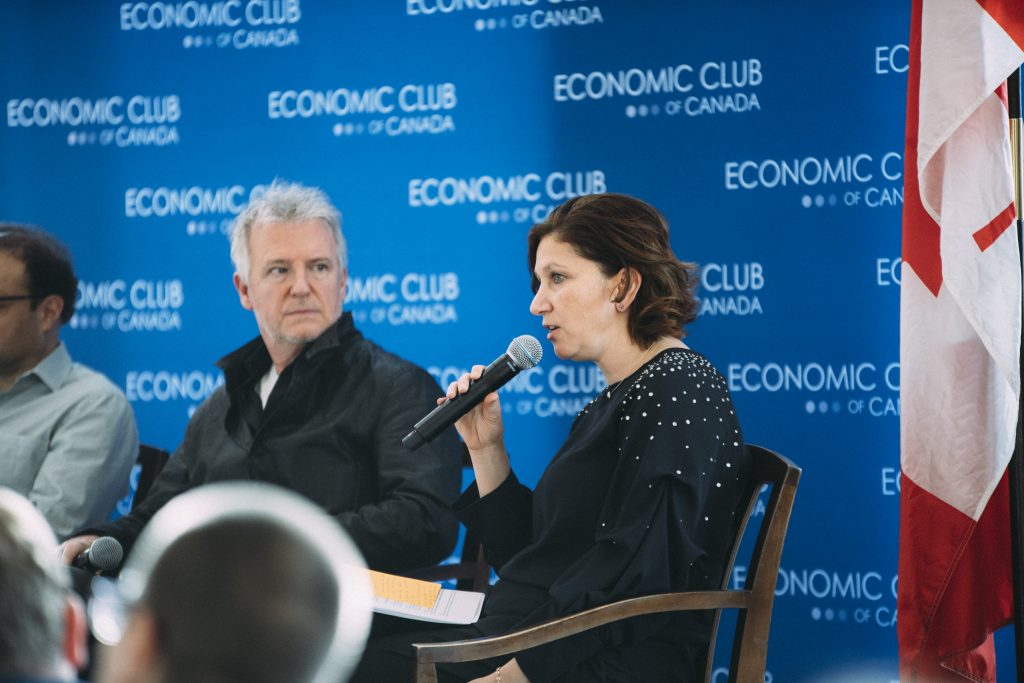
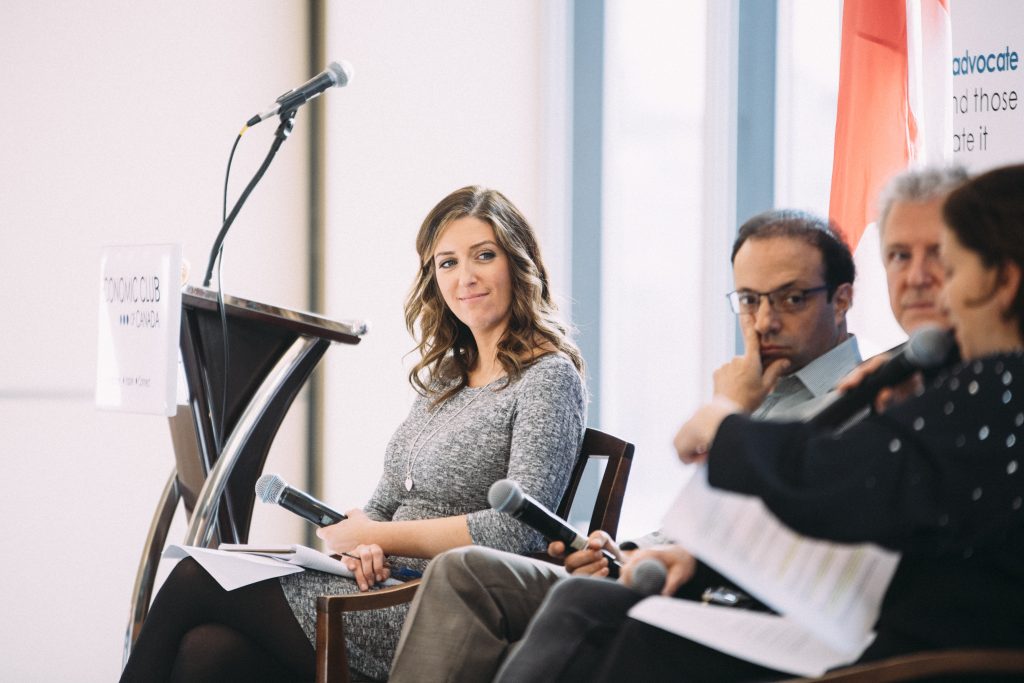
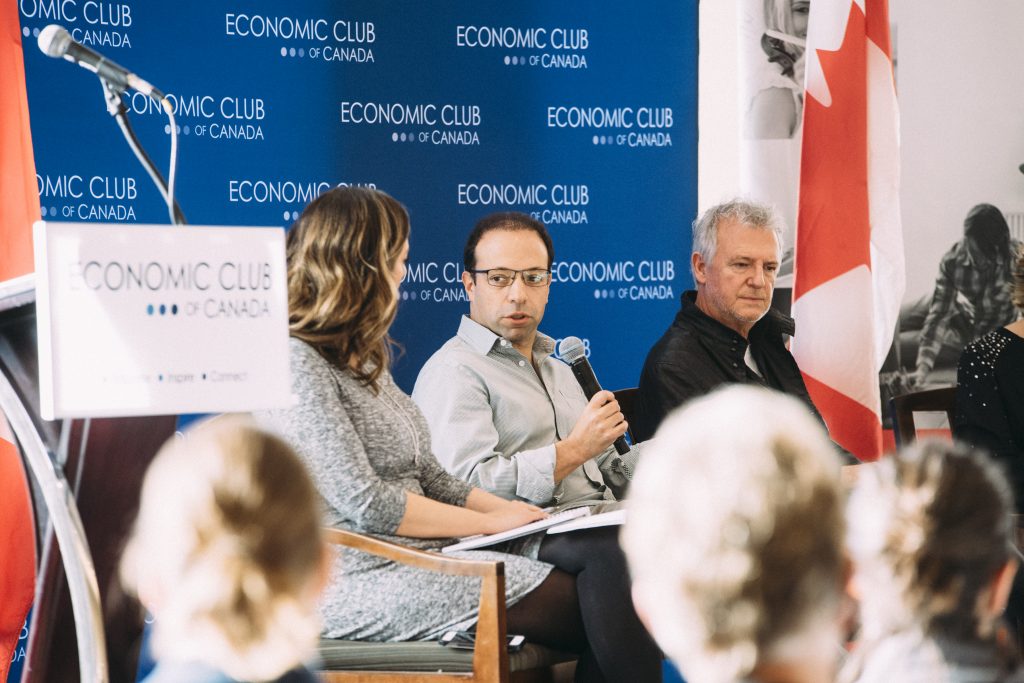
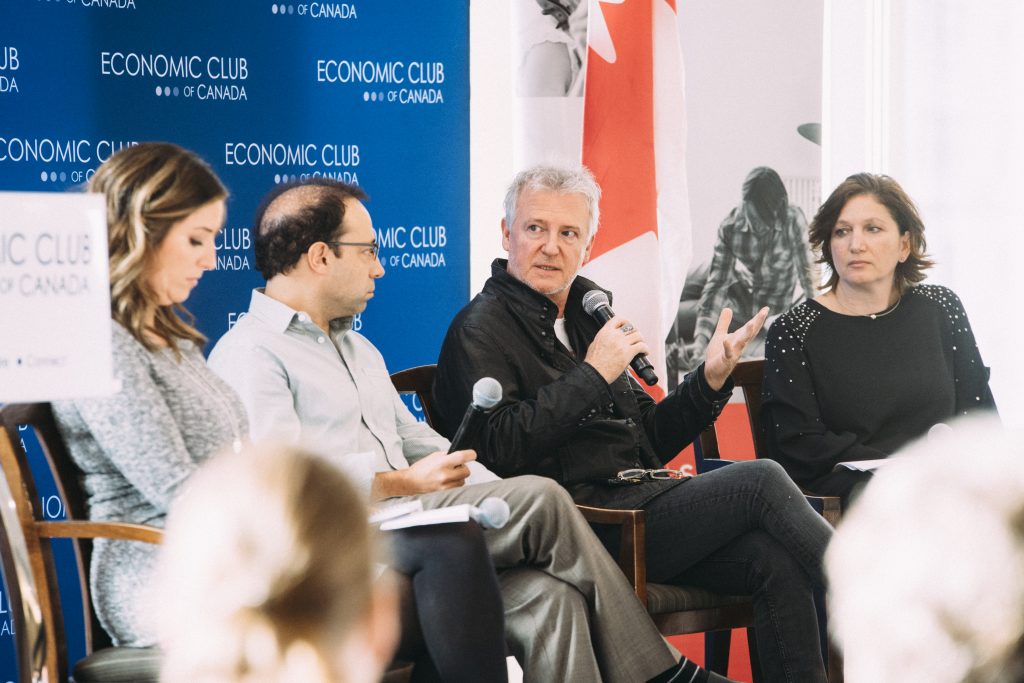
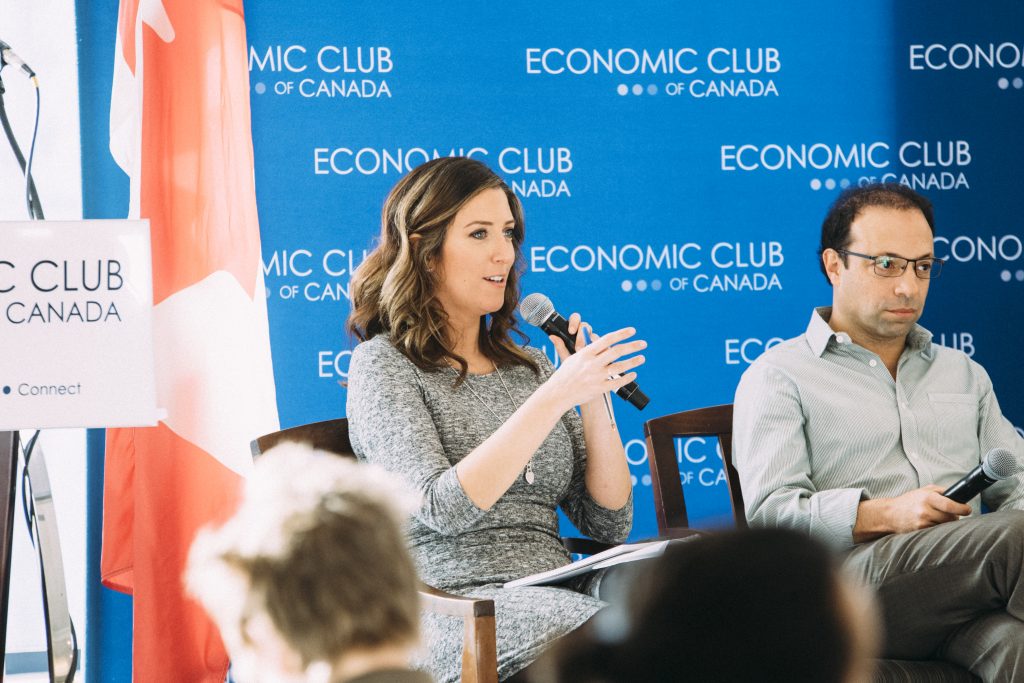
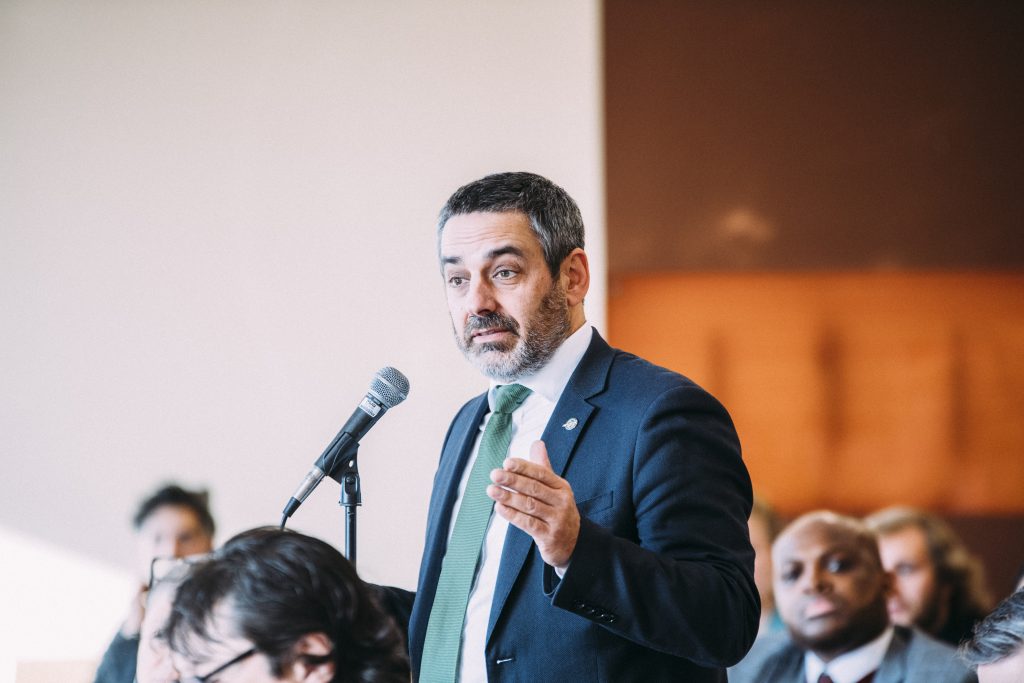

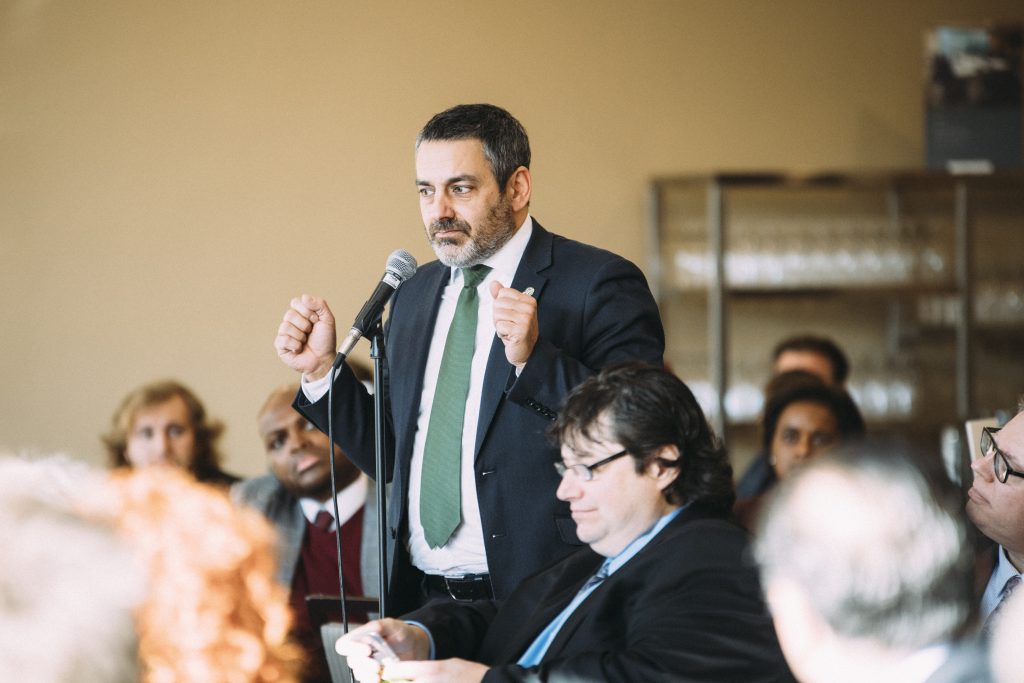
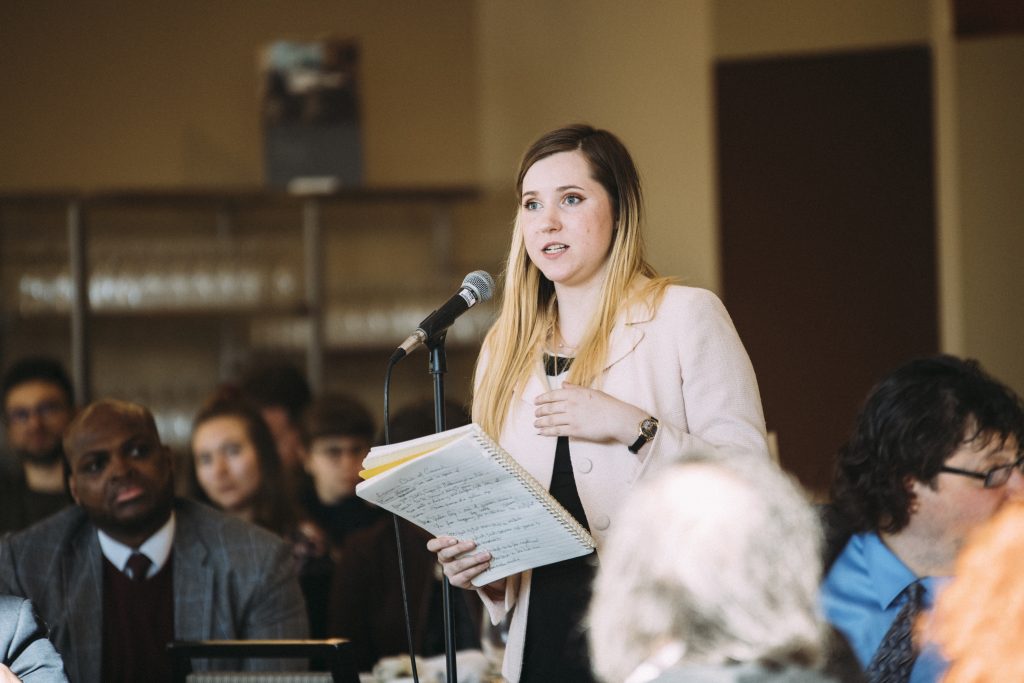
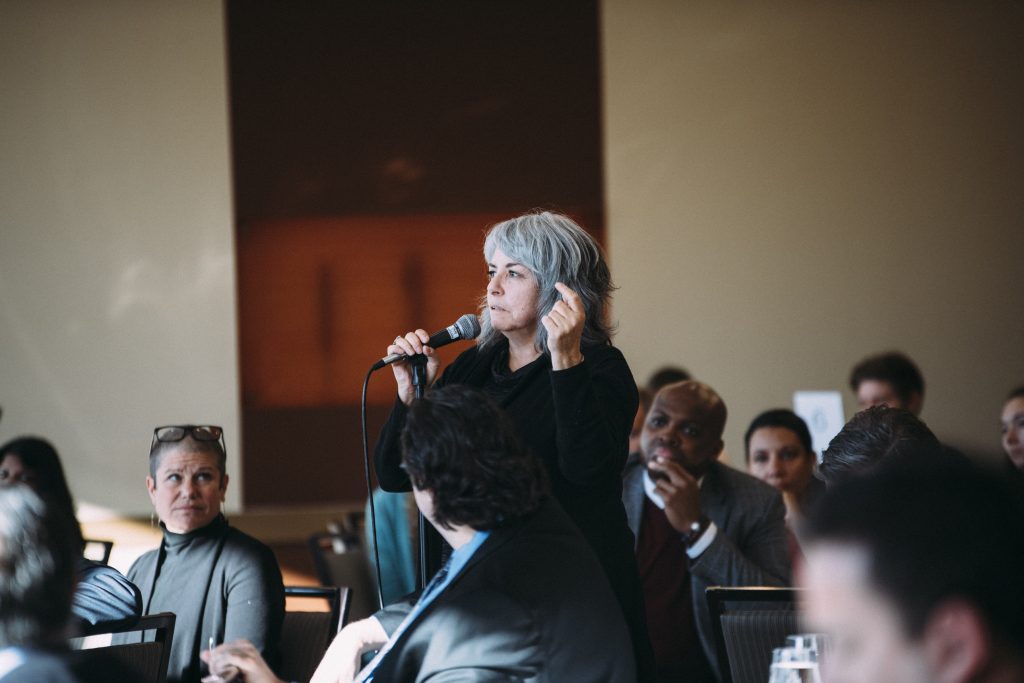
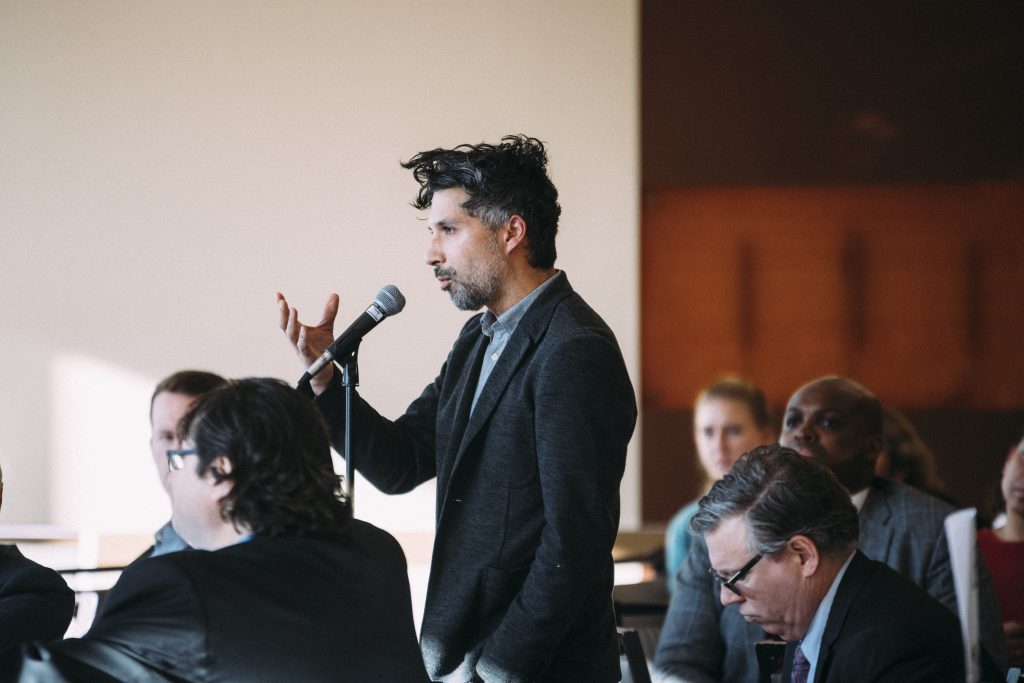
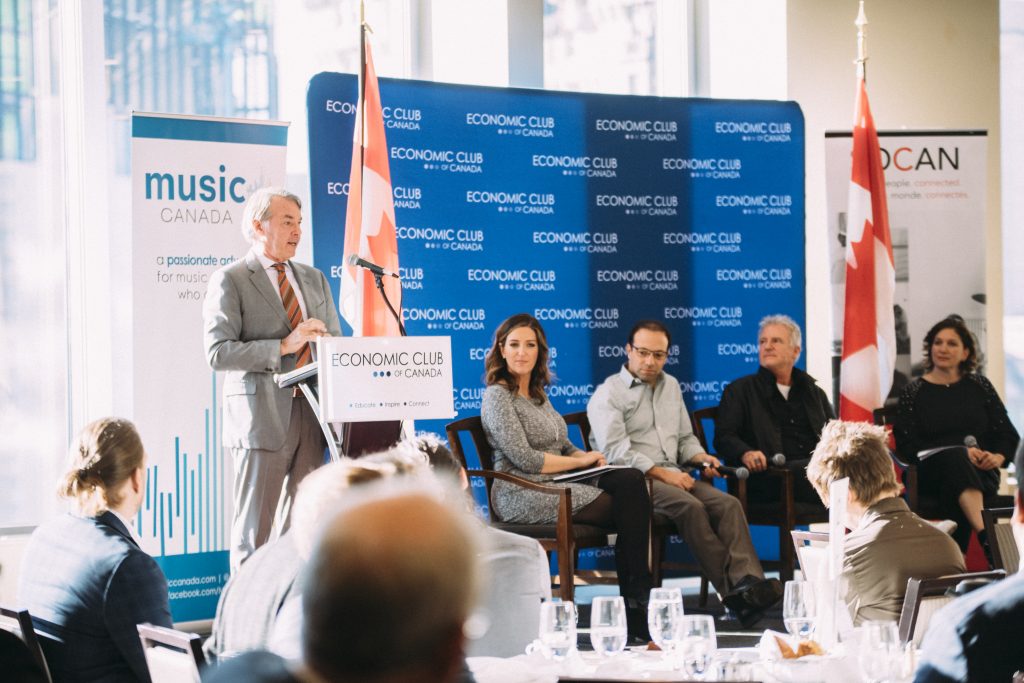
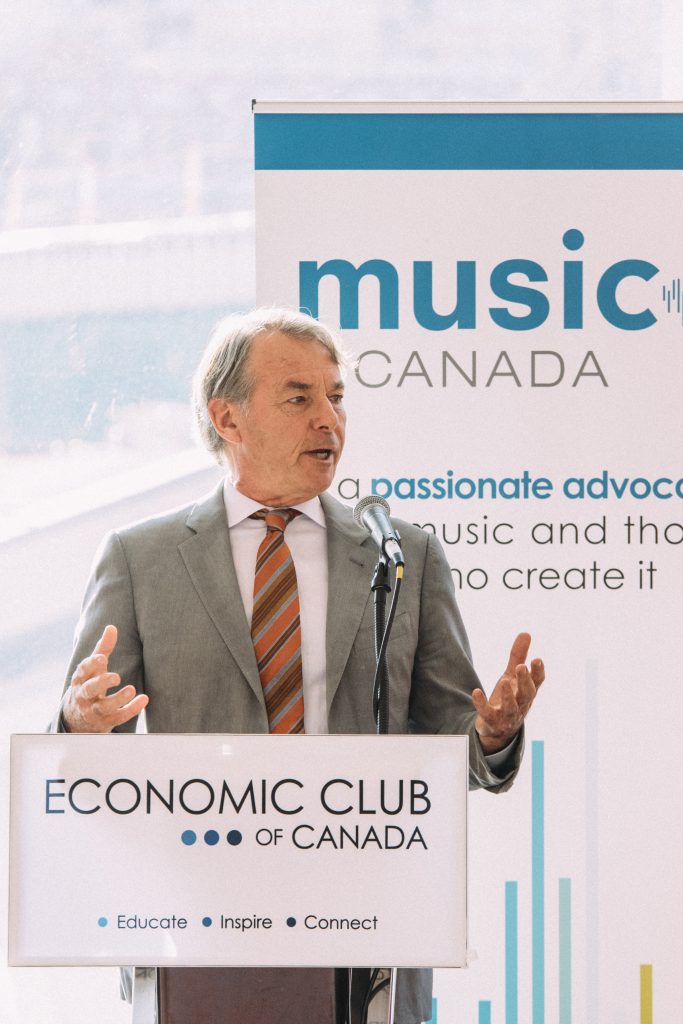
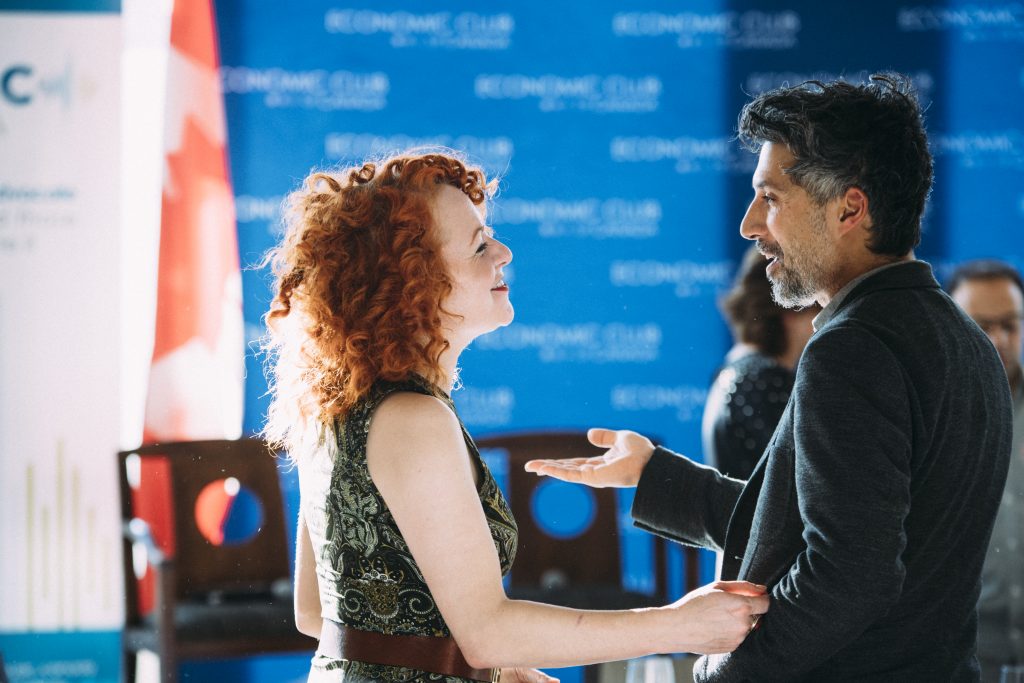
Music Canada